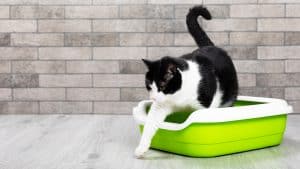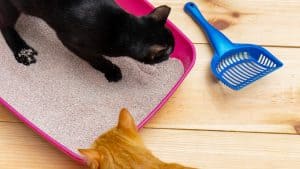Barn cats, known for their independence and hunting skills, hold a special place in the hearts of their owners. You might be wondering, when it comes to these adept feline friends, do barn cats need a litter box?
Well, it's essential to take a closer look at their unique needs and lifestyles to answer this question, which is what we'll be discussing in this article.
Remember, each cat is different, and adapting to a litter box might not come as intuitively to some.
Understanding Barn Cats
When contemplating adopting barn cats, it's crucial to grasp their distinctive needs and lifestyle.
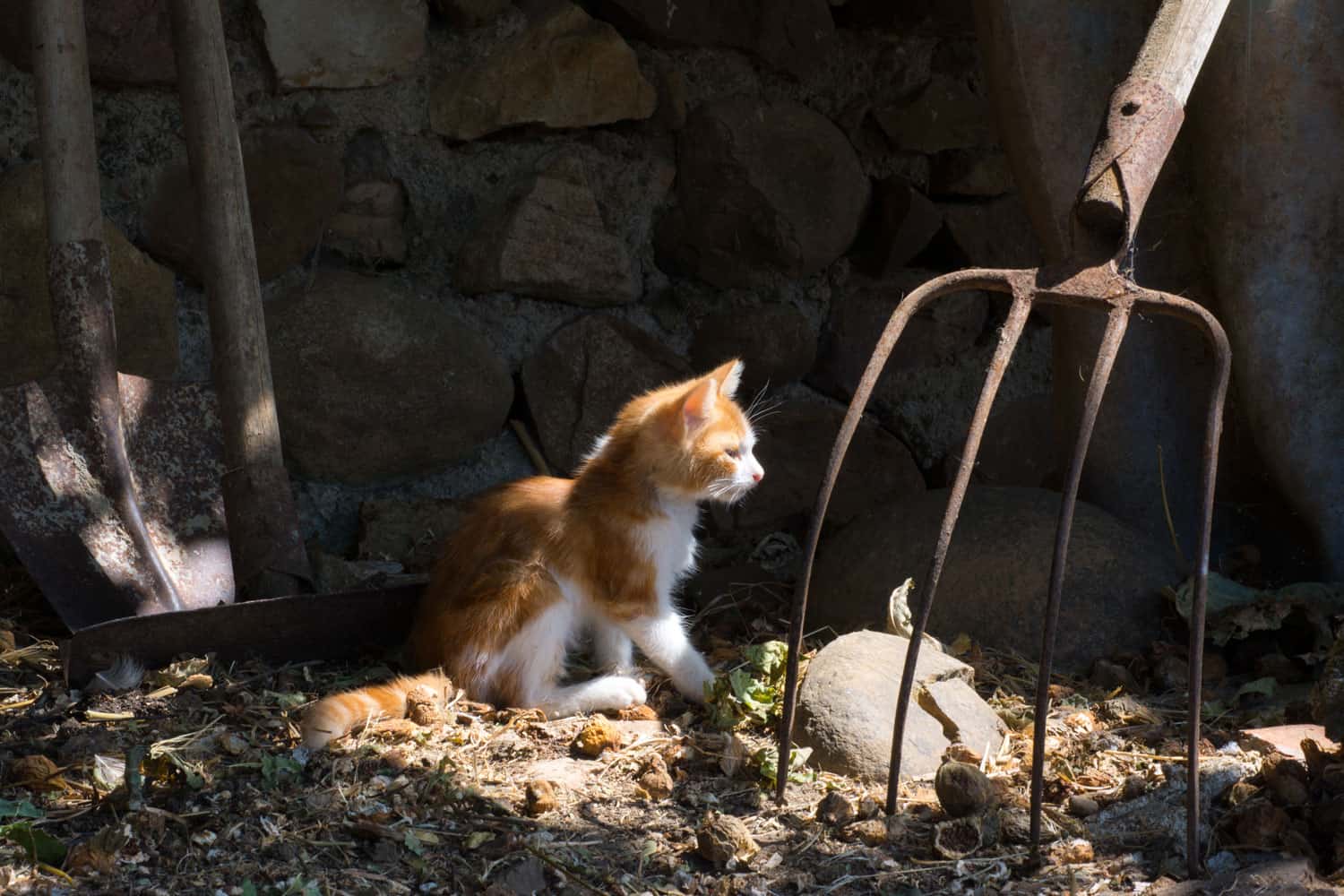
Unlike indoor cats, barn cats flourish outdoors, often functioning as working cats that hunt rodents and other pests.
They could be outdoor cats, feral cats, or working cats that have adapted to outdoor living.
The Independence of Barn Cats
Barn cats are autonomous and robust, demanding less care and maintenance than indoor cats.
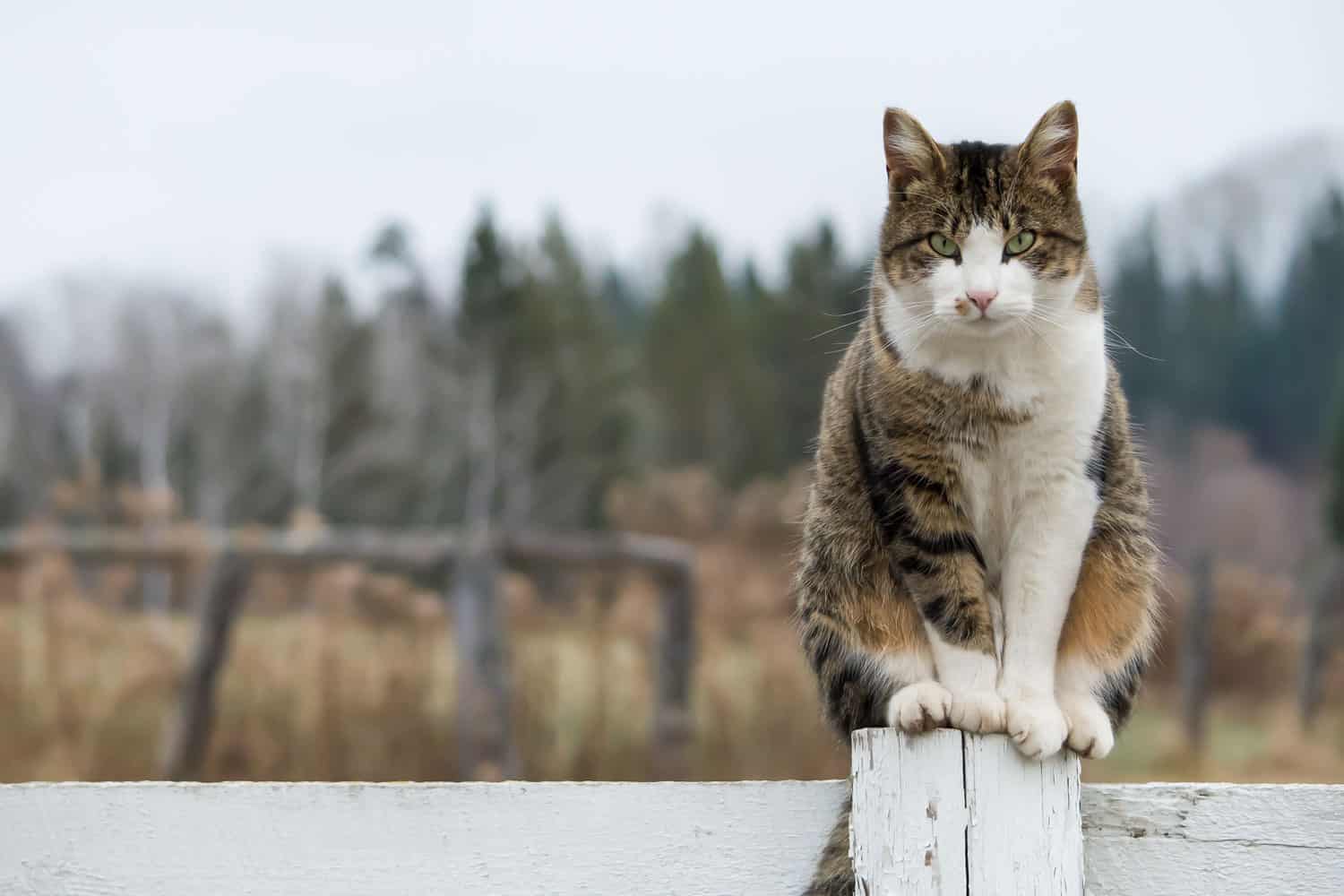
They favor limited human interaction, allowing them to be self-reliant and excel at their natural hunting instincts.
These robust felines typically find shelter in barns, outbuildings, or underneath farm structures like trailers or sheds.
Barn Cats and Litter Boxes: Is There a Need?
You might question if barn cats require a litter box like indoor cats. Generally, they don't.

Barn cats are familiar with the vast outdoors, often choosing preferred spots in nature to handle their needs.
Caring for Barn Cats: Essential Duties
Your primary responsibility in caring for barn cats will be providing fresh water, food, and ensuring a secure shelter.
Remember, these working cats might need time to adjust to new surroundings, especially if they're moving from a different environment.
Why Litter Boxes May Be Necessary
Contemplating if your barn cat needs a litter box?
The answer isn't straightforward—it varies with your circumstances and your cat's preferences.
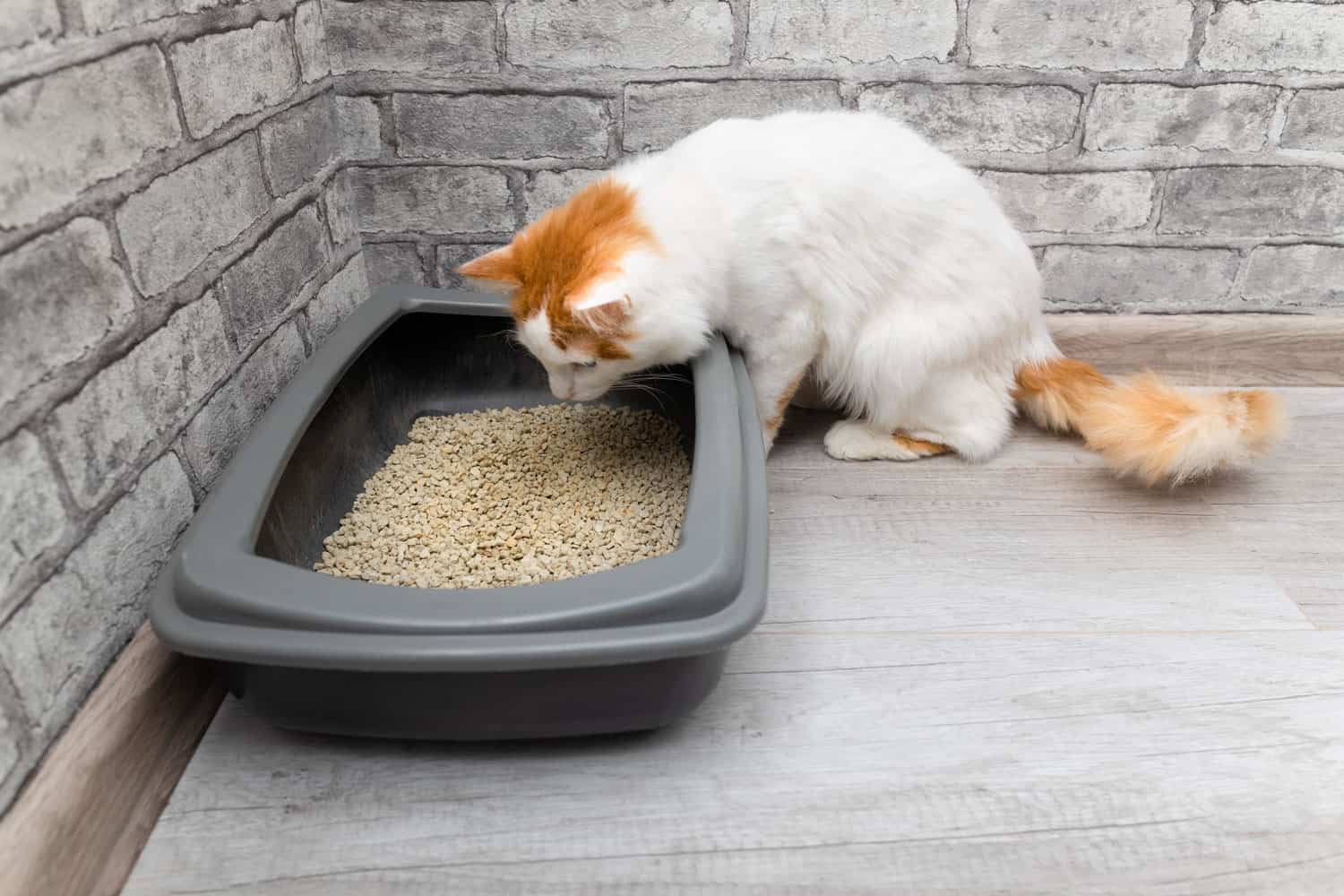
Several factors can necessitate a litter box for your barn cat.
Location and Cleanliness
Primarily, location matters. If your barn cat is indoors a lot or has limited outdoor access, a litter box is advisable.
It provides a designated spot for your cat to answer nature's call, maintaining cleanliness in your barn and for the cat.
A clean environment is essential for your cat's health and welfare.
The Comfort Factor
Comfort is another determinant. Some cats might prefer litter's softness over the hard, rough surfaces in barns.
A soft, cozy spot to handle their needs can be especially comforting for older cats with joint problems.
A comfortable litter-filled box could enhance your barn cat's well-being.
Selecting the Right Litter
Cat litter comes in a plethora of varieties.
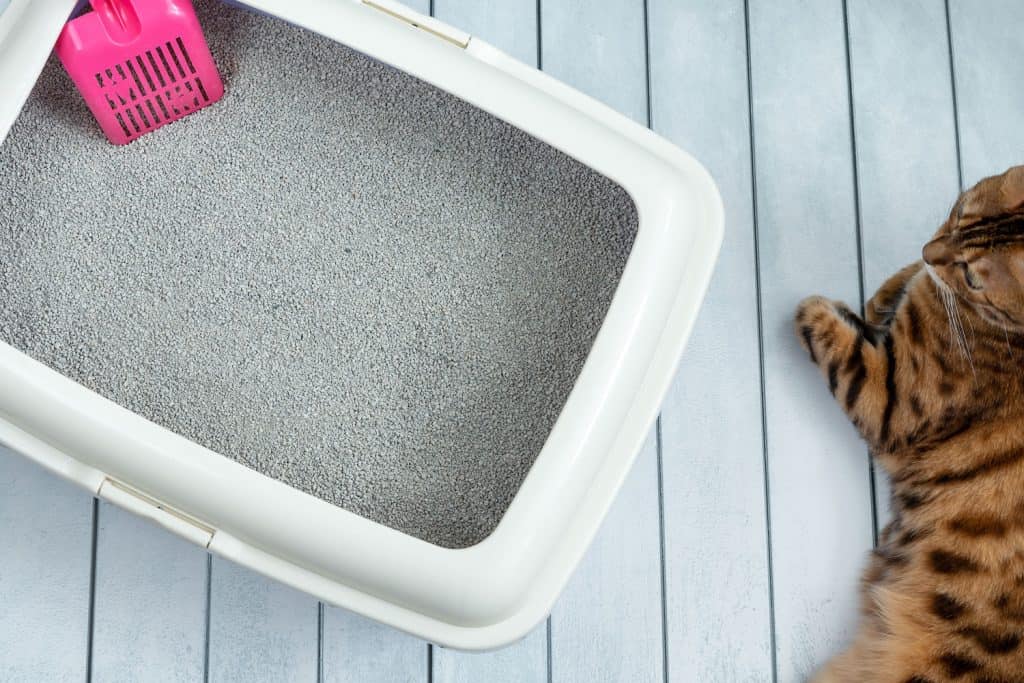
Your barn cat may favor certain types, and a litter box filled with their preferred litter can make their experience more pleasant.
Here's what you need to know when making your choice:
Litter Type and Cat Age
Start by considering your cat's age. Kittens are prone to explore and may accidentally eat litter.
Hence, for them, unscented, natural, or non-clumping litter is safer, reducing potential health hazards.
Click here to see this non-clumping litter on Amazon.
For adult barn cats, clumping litter is usually the favorite as it makes it easier for them to cover their waste and simplifies litter box maintenance.
Texture Preferences
Texture preference varies among cats, and finding the perfect one might take some testing.
Whether they prefer soft, fine-textured litter or larger granules, a bit of trial and error will help you discover what works best for your barn cat.
Material Choices
As for materials, clay litter is a cost-effective choice for controlling odor. But, it can be heavy, dusty, and less environmentally friendly.
An eco-friendlier alternative is biodegradable litter made from corn, wheat, or wood.
Click here to see this biodegradable litter on Amazon.
They offer excellent odor control, though their clumping ability might not be as good as clay.
Scented or Unscented Litter
The choice between scented and unscented litter is straightforward.
Despite scented litter masking unpleasant odors, it might be too strong for your cat's sensitive nose.
Unscented litter is a safer choice as it's less likely to cause irritation.
Click here to see this unscented litter on Amazon.
Remember, the best cat litter for your barn cat depends on a mix of factors.
Your cat's age, texture preference, and material choice will guide you to the perfect balance.
Choosing the Right Litter Box
Litter boxes are available in diverse sizes and styles. Choose one that suits your barn cat's needs and preferences.
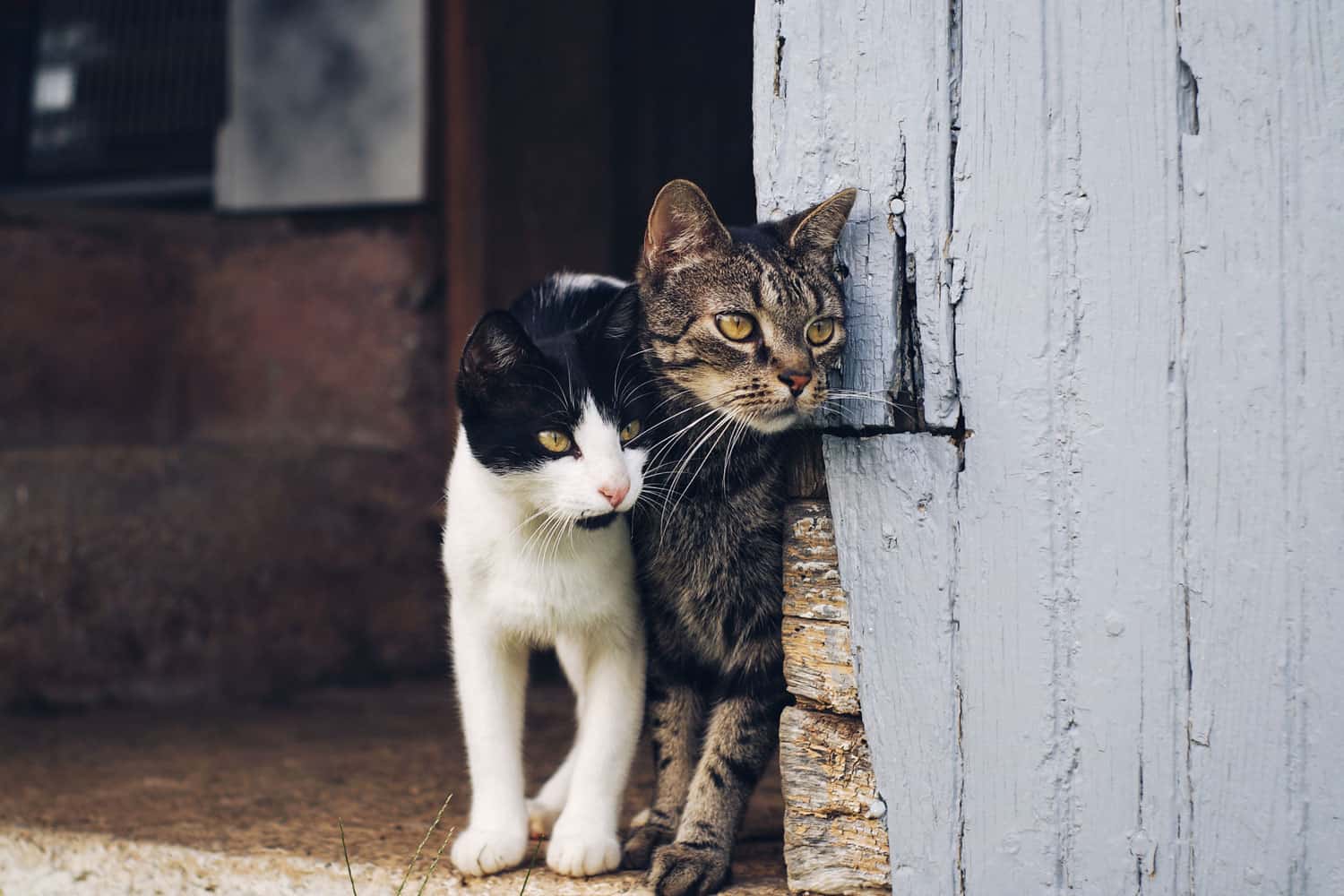
Here are key factors to consider in selecting the best one:
Consider Your Cat's Size
The size of your cat plays a significant role in the choice of a litter box.
Ensure it's spacious enough for your cat to move comfortably, thereby reducing the chances of messes outside the box.
Open vs. Covered Litter Box: A Matter of Design
The design of the litter box matters too.
An open litter box offers your cat a clear view of its surroundings, which is crucial in a barn setting and is easier to clean.
Click here to see this open litter box on Amazon.
Meanwhile, a covered litter box provides privacy and contains odors better.
Click here to see this covered litter box on Amazon.
The choice between these designs depends on your cat's preferences and the barn layout.
High-Sided Litter Boxes for Tidy Cats
If your barn cat enjoys digging in the litter, a high-sided box could be beneficial. It helps contain the litter inside, making your barn tidier.
Click here to see this high-sided litter box on Amazon.
Automatic Litter Boxes: A Hands-Off Approach
For those who prefer less maintenance, an automatic litter box is a viable option.
Click here to see this automatic litter box on Amazon.
Despite the higher price, it separates waste from clean litter automatically, saving you time.
Litter Box Training for Barn Cats
With a bit of patience and the right approach, you can successfully train your barn cat to use a litter box.
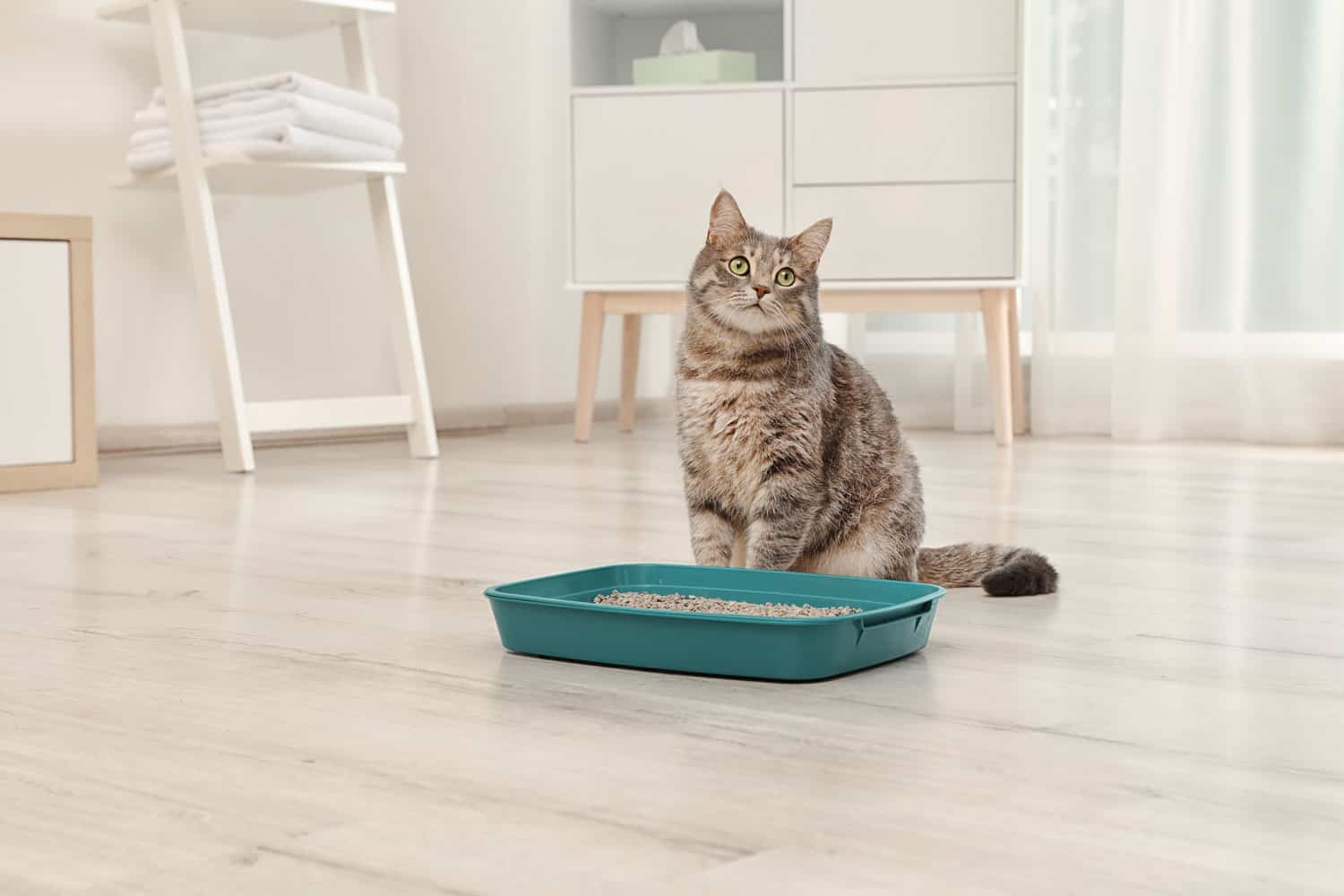
This not only keeps the environment clean but also provides a more hygienic space for your cat to do their business.
Transitioning Outdoor Cats to Litter Boxes
For cats that have always roamed outdoors, transitioning to a litter box might be a foreign concept.
Start by observing their preferred spots for relieving themselves in the barn or outdoors.
You can then place a litter box in that area, gradually moving it inside if necessary.
Providing a comfortable and familiar space is the key to helping them adjust.
You can also consult with a veterinarian to get tailored advice for your barn cat.
Using calming diffusers or pheromone sprays near the litter box can also make it more appealing and easier for your cat to adapt.
Click here to see this pheromone diffuser on Amazon.
Positive Reinforcement and Patience
Like any new skill, training your barn cat to use a litter box is a process.
Offering encouragement and rewarding your cat with treats or praise when they use the box will help reinforce this new habit.
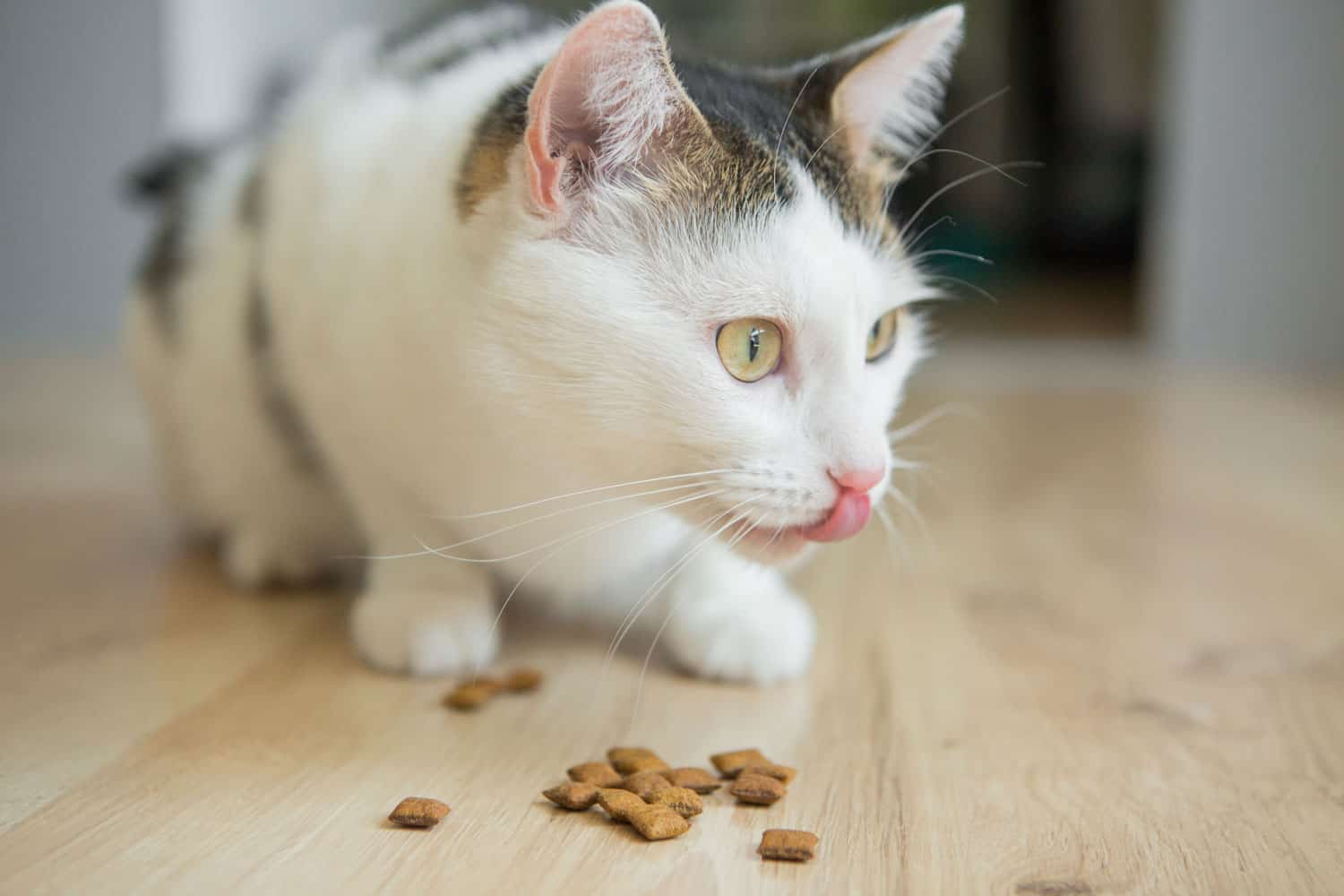
Keep in mind that every cat has a unique personality, and some might require more time and patience than others.
As you progress with training, always remember to stay consistent and maintain a friendly tone of voice.
Regular Maintenance
Once you've found the perfect spot, maintenance becomes essential.
Regularly cleaning the litter box is vital for keeping your barn cat's environment clean and reducing odor.
Make a habit of removing waste daily and washing the box with mild soap and water at least once a week.
Using baking soda in the litter or sand can neutralize odors, making it more inviting for your cat.
Click here to see this baking soda on Amazon.
With a clean space, your cat can freely roam the barn without having to deal with a mess.
Simple Hacks for Litter Box Challenges
Finding the ideal setup for your barn cat's litter needs can be challenging, but there are solutions that can cater to their needs while maintaining a clean barn.
Creating a Natural Designated Potty Area
A common issue is the lack of a specific area for cats to relieve themselves, which could lead to accidents in undesired places.
An open area with enough depth of soil or sand can serve as an effective makeshift litter box.
Weather Considerations
Unfavorable weather conditions can make the ground unsuitable for your barn cat.
In such cases, providing a sheltered spot with access to fresh water and a dry litter box can be a great help.
Using Feline Pheromones
Applying feline pheromones can create a sense of familiarity and comfort in the designated potty area, encouraging consistent use and minimizing accidents.
Click here to see this pheromone spray on Amazon.
Final Thoughts on Litter Box Decisions
Ultimately, deciding to provide a litter box for your barn cat depends on their needs and your ability to maintain cleanliness.
Consistency and comfort are key for a healthy cat. Offering a litter box can ease adaptation, particularly in harsh weather or for cats new to outdoor life.
However, some cats may prefer their natural instincts and outdoor alternatives.
Regardless, ensure a safe, comfortable environment for your barn cat. Remember, they're not just companions but also invaluable in controlling pests.
For more valuable articles to read, check out below.











